Introduction:
In an age where data is the new oil, data sovereignty has emerged as a top priority across critical sectors like BFSI, Healthcare, and Manufacturing. As nations tighten regulations and organizations face increasing pressure to comply with data privacy and residency laws, one question becomes critical: Where does your data live, and who controls it?
For companies operating in highly regulated environments, leveraging on-premise AI-powered cybersecurity solutions is no longer just an option—it’s a necessity. In this blog, we’ll explore the growing importance of data sovereignty, the compliance challenges associated with cloud-based systems, and why on-premise AI systems are the key to future-ready, compliant cybersecurity.
The Rising Importance of Data Sovereignty
Data sovereignty refers to the legal concept that data is subject to the laws and governance structures of the country in which it is collected or stored. With regulations like:
- India’s DPDP Act (2023)
- EU’s GDPR
- HIPAA in the US
- APRA CPS 234 in Australia
…organizations must ensure that their data doesn’t cross borders unlawfully or get processed by unauthorized third parties—especially when dealing with sensitive financial, health, or personal data.
Current Challenges in Cloud-Based Security Systems
While cloud-based security platforms have revolutionized scalability and access, they come with critical limitations when it comes to data sovereignty:
1. Jurisdictional Ambiguity
Data stored in the cloud may reside in multiple data centers across different countries. This can lead to conflicts of laws and jurisdictional confusion during incidents.
2. Third-party Dependencies
Relying on third-party vendors introduces trust issues. You often have limited visibility into how and where your data is processed.
3. Compliance Gaps
Many sectors—especially BFSI and Healthcare—demand strict control over data handling practices. Outsourcing core security functions to the cloud can create audit and compliance blind spots.
Why On-Premise AI is the Future of Compliant Cybersecurity
At AiCyberWatch, we believe that on-premise AI—like the intelligent cybersecurity solutions we offer through our partnership with Imperum—is not just about control; it’s about compliance, performance, and resilience.
1. Total Data Control
With on-premise AI, your data never leaves your infrastructure. This eliminates any risk of cross-border data transfers and ensures full alignment with national regulations.
2. Enhanced Privacy & Security
Sensitive data—like customer financial records, patient health data, or proprietary manufacturing IP—remains encrypted and protected within your own data center, reducing the threat surface.
3. Audit-Ready Infrastructure
On-premise deployments provide granular logs, full transparency, and control—making it easier to demonstrate compliance during audits or legal inquiries.
4. Custom AI Models, Locally Trained
Our hyper-automated on-premise AI models adapt to your specific environment and threat landscape—without sending data to the cloud. This ensures compliance and performance at scale.
Industry-Specific Use Cases
🔒 BFSI (Banking, Financial Services, Insurance)
- Regulations like RBI Guidelines, DPDP, and SEBI Cybersecurity Framework mandate local data storage and access control.
- On-premise AI ensures that financial transaction data is never exposed to third-party processing environments.
🏥 Healthcare
- HIPAA and Indian Health Data Protection rules require extremely strict patient data handling protocols.
- On-premise AI-based SOCs help hospitals and health tech providers detect anomalies like ransomware or insider threats—without ever uploading patient data to external servers.
🏭 Manufacturing
- Intellectual property and operational technology (OT) data must be protected from espionage and sabotage.
- On-premise AI helps monitor OT networks in real-time, keeping sensitive design files and production data local and secure.
Why Choose AiCyberWatch + Imperum?
As an authorized partner of Imperum, AiCyberWatch brings next-gen, on-premise, AI-driven SOC solutions to clients across India’s regulated industries.
Our solution is designed for:
- Hyperautomation: No-code workflows for fast response
- Compliance-first architecture: Built with local laws in mind
- Edge-based AI processing: All inference and decision-making happens on your local infrastructure
Final Thoughts
Data sovereignty is not just a regulatory checkbox—it’s a cybersecurity imperative.
As the digital landscape continues to evolve, only those organizations that take ownership of their data and cybersecurity stack will remain resilient, compliant, and competitive.
If you’re a CISO, CTO, or Risk Officer looking to future-proof your organization’s cybersecurity strategy while remaining compliant with local regulations, it’s time to rethink the cloud-first approach.
🔐 Switch to on-premise AI with AiCyberWatch & Imperum. Your data. Your control. Your rules.

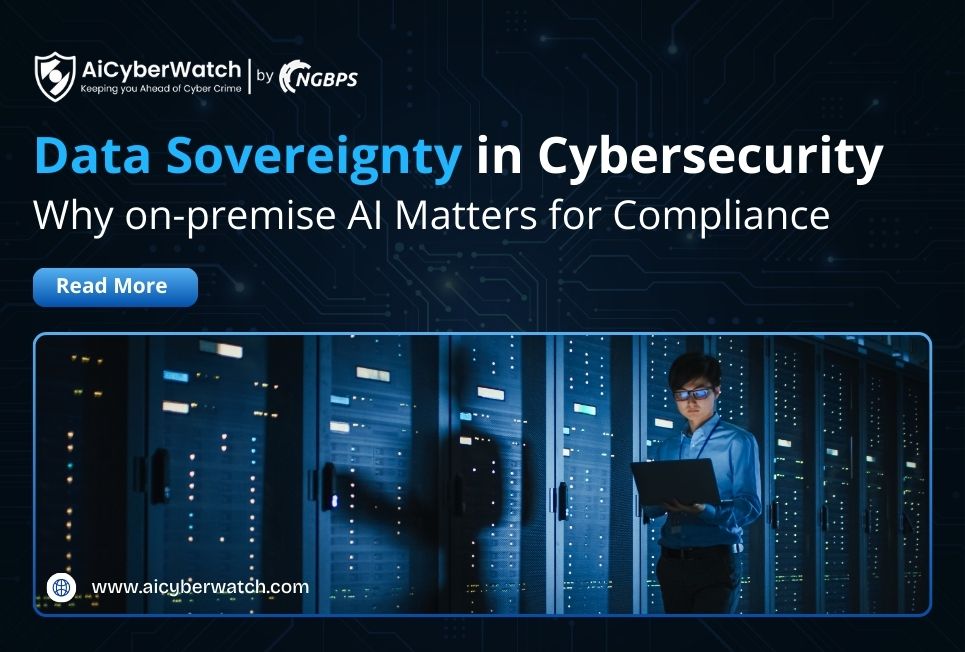
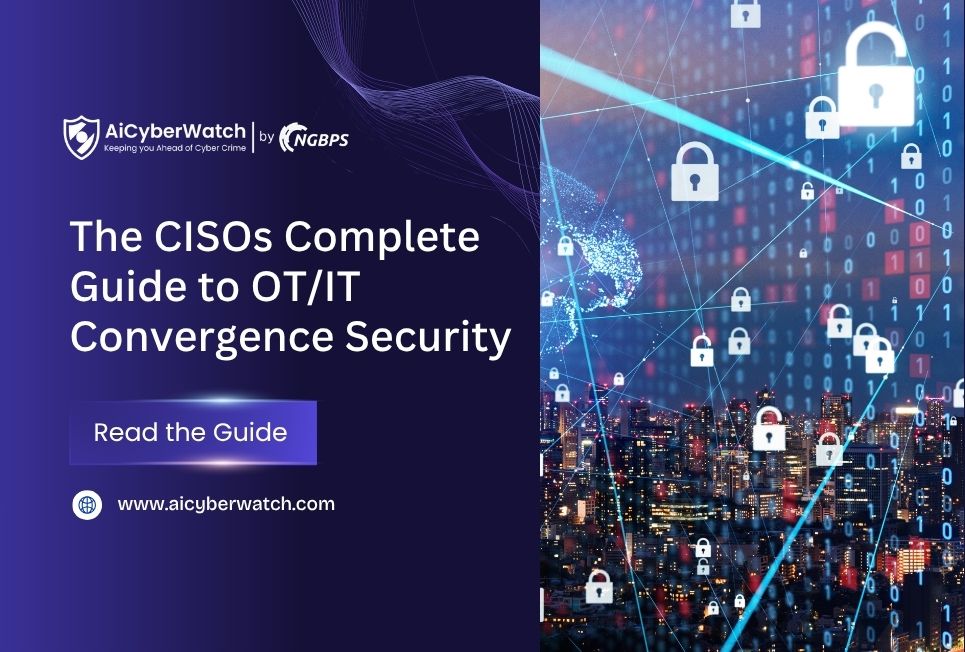
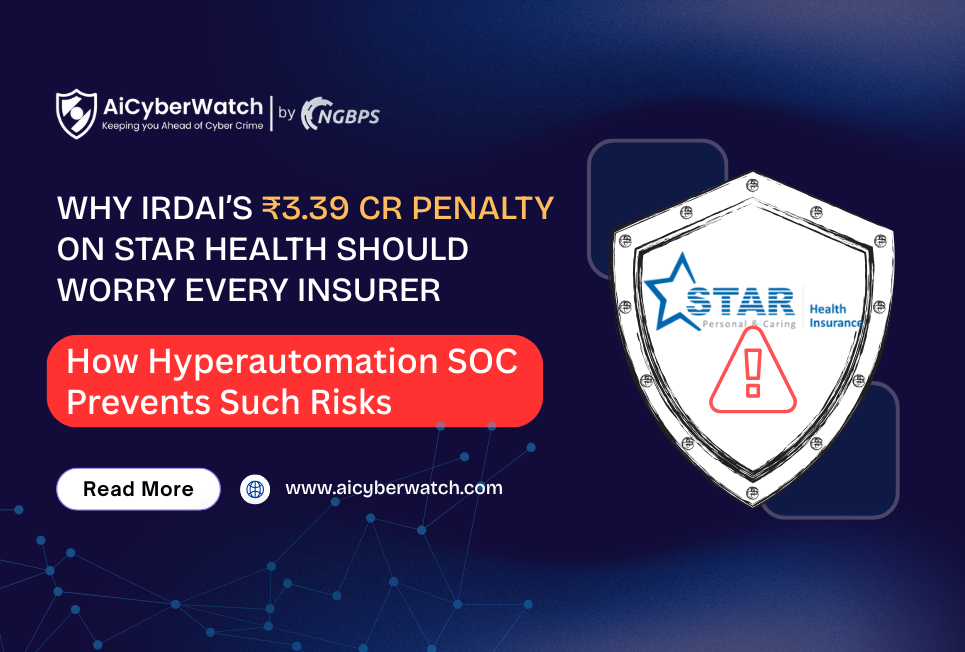
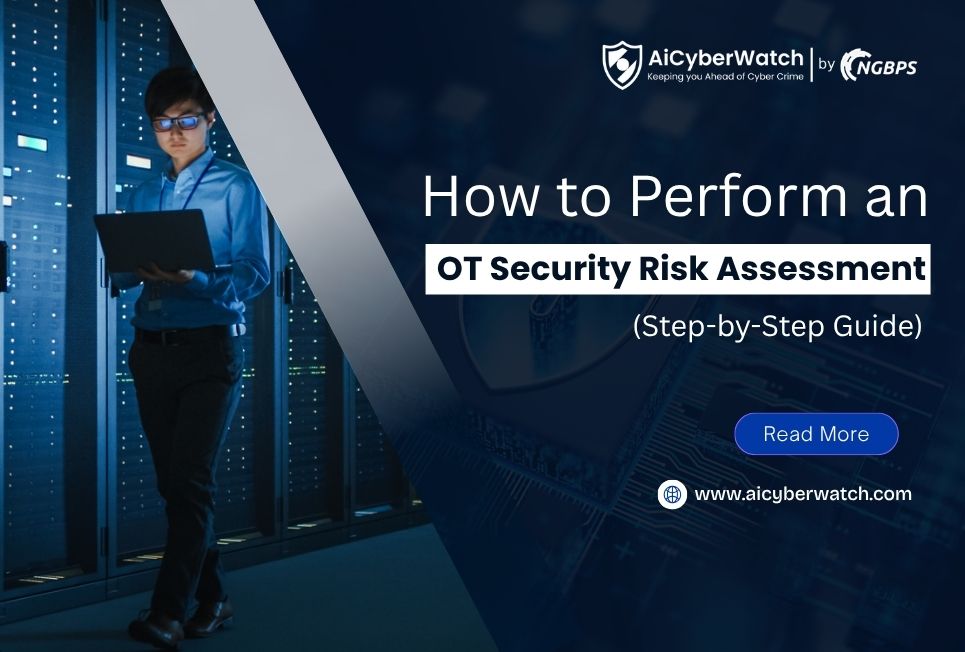
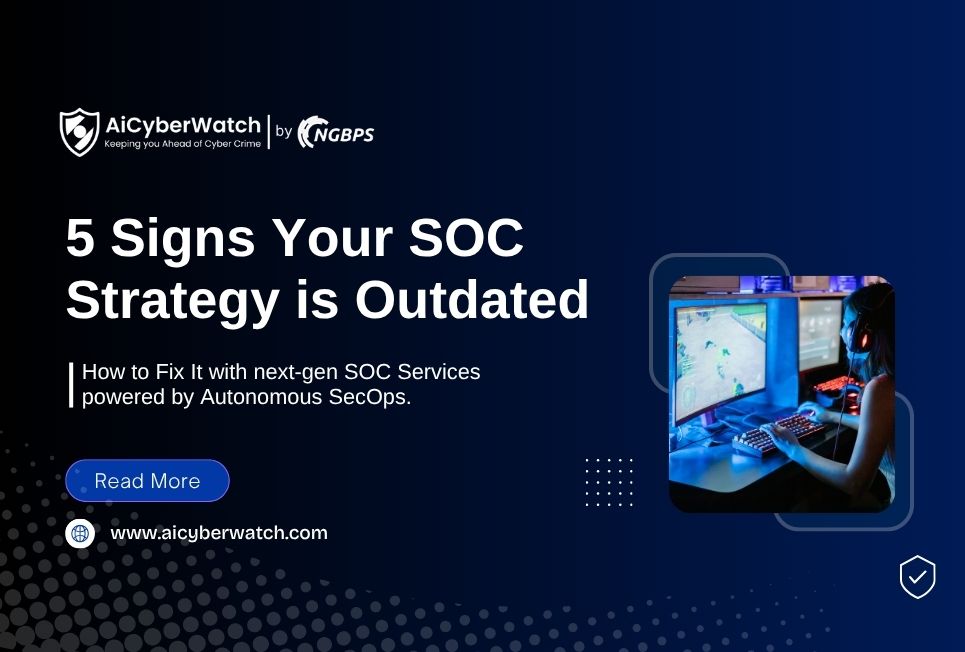

 Call Us
Call Us